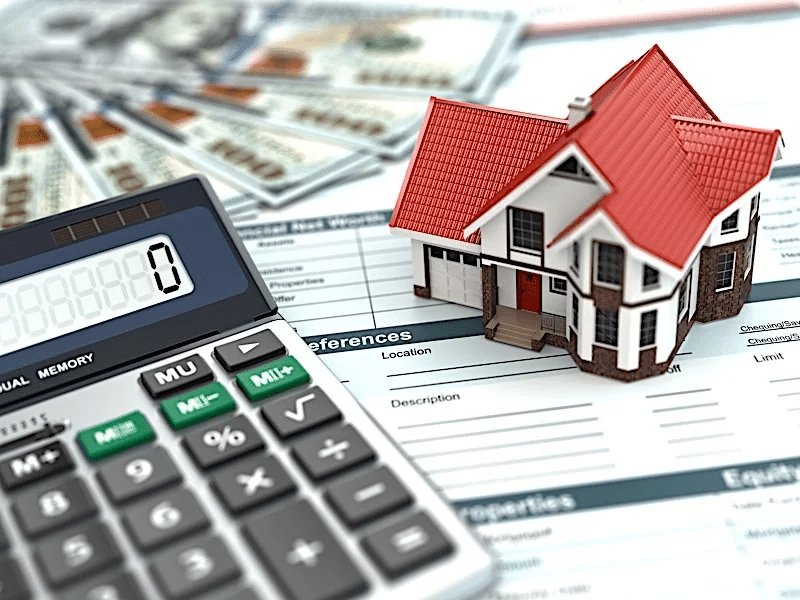The basics of buying residential real estate

Engaging in the quest for your dream house can be both exhilarating and daunting. This guide aims to simplify the journey of purchasing residential properties, ensuring that buyers feel equipped and confident throughout the process.
From understanding market dynamics to closing the deal, this article covers the essential steps and strategies for a successful real estate transaction.
Understanding the Basics of Residential Property Purchase
Residential real estate acquisition is a significant milestone for many. It involves multiple steps, such as market research, property evaluation, negotiating, and financing. Knowing these phases can help potential buyers navigate the process smoothly.
Market research is vital. It helps in understanding current trends, pricing, and the availability of properties. This knowledge is crucial for making an informed decision on where and what to buy.
Evaluating properties thoroughly is another critical step. This includes considering the location, size, amenities, and potential growth of the area. For more detailed tips on this topic, refer to Evaluating homes for best value.
Negotiating Your Purchase
Effective negotiation can lead to substantial savings in a real estate transaction. It's essential to understand the seller's motivations and to be prepared to walk away if the deal doesn't meet your criteria.
Knowing the market and having a clear budget is also critical for successful negotiations. For an in-depth guide, visit Negotiating deals in real estate.
Financing Your Dream Home
Securing financing is a pivotal aspect of buying a home. Potential homeowners should explore various financing options and understand the terms and conditions of mortgages.
Credit score, down payment, and the type of loan are factors that affect your financing options. For a comprehensive look at financing, check out Financing your home purchase.
Finding the Right Location
The location of your future home significantly impacts your quality of life and the property's value over time. Consider factors such as proximity to work, schools, and amenities.
Researching and visiting potential neighborhoods can provide insights into the community's lifestyle and future developments.
Inspecting the Property
Before finalizing a deal, thorough property inspection is vital to uncover any issues that may require immediate repair or can affect the property's value in the long run.
Hiring a professional inspector can reveal structural, electrical, or plumbing issues that are not visible during a casual walkthrough.
Understanding the Paperwork
The legal aspect of buying a home involves extensive paperwork, including contracts, disclosures, and mortgage documents. It's crucial to understand these documents before signing.
Consider hiring a real estate attorney to review all the paperwork, ensuring your rights and interests are protected.
Closing the Deal
The final step in acquiring a residential property is the closing process. This involves signing the last set of documents and transferring the property from the seller to the buyer.
Preparation and understanding of the closing costs, which can include taxes, attorney fees, and other charges, are crucial at this stage.
Purchasing residential real estate is a journey filled with excitement and challenges. By understanding the basics outlined in this article, potential buyers can navigate the process more confidently and efficiently. Remember, each step, from finding the right property to closing the deal, contributes to the realization of owning your dream home.

Related